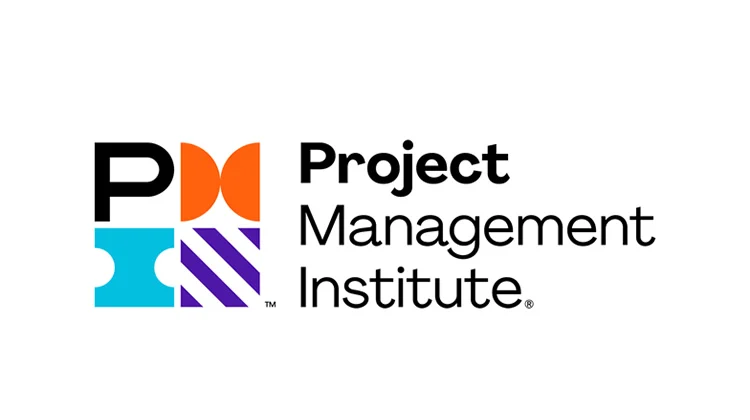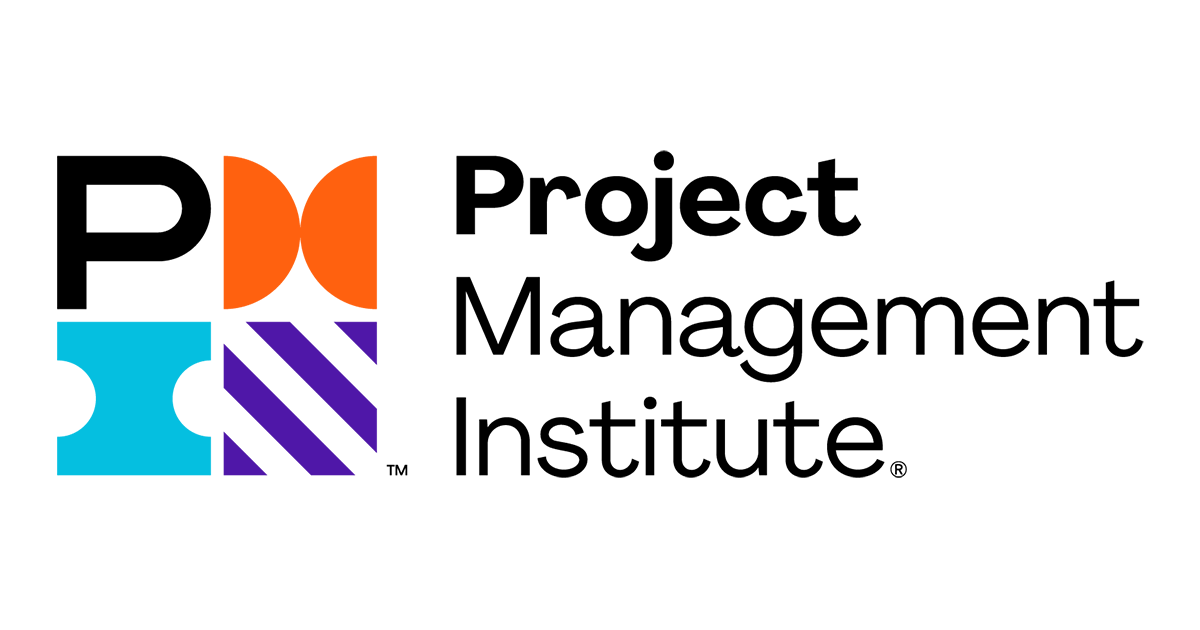The future of the African continent will significantly hinge on how well its youth are prepared with skills suited for an increasingly interconnected global economy, according to George Asamani, Managing Director of the Project Management Institute (PMI) for Sub-Saharan Africa.
Asamani highlighted that by the end of the next decade, Africa’s population is projected to reach 1.1 billion, positioning it as the largest youth globally. He observed that the traditional concept of the workplace has been drastically altered by the pandemic, with remote work becoming a prevalent trend. This shift has pushed companies to adapt more rapidly and flexibly than ever before.
To stay competitive in this evolving landscape, Asamani stressed the importance for Africa’s Youth to acquire adaptable, future-proof, and globally recognized skills. “As employers navigate the ever-evolving world of post-pandemic work, there is a growing demand for individuals with skills that can be immediately applied in diverse and remote work settings,” he explained.
Asamani pointed out that while traditional academic degrees provide a solid foundation in critical thinking, problem-solving, and industry knowledge, these qualifications alone may not suffice in addressing the complexities of tomorrow’s economy. He noted that while hands-on experience is valuable and can complement academic learning, there is a compelling case for the role of specialized certifications, particularly in fields like project management.
Certifications are increasingly seen as vital for equipping individuals with the precise skills needed to manage the challenges and demands of modern and future work environments. Asamani emphasized that these certifications are game changers, offering practical and relevant skills that enhance employability and effectiveness in a rapidly changing job market.










